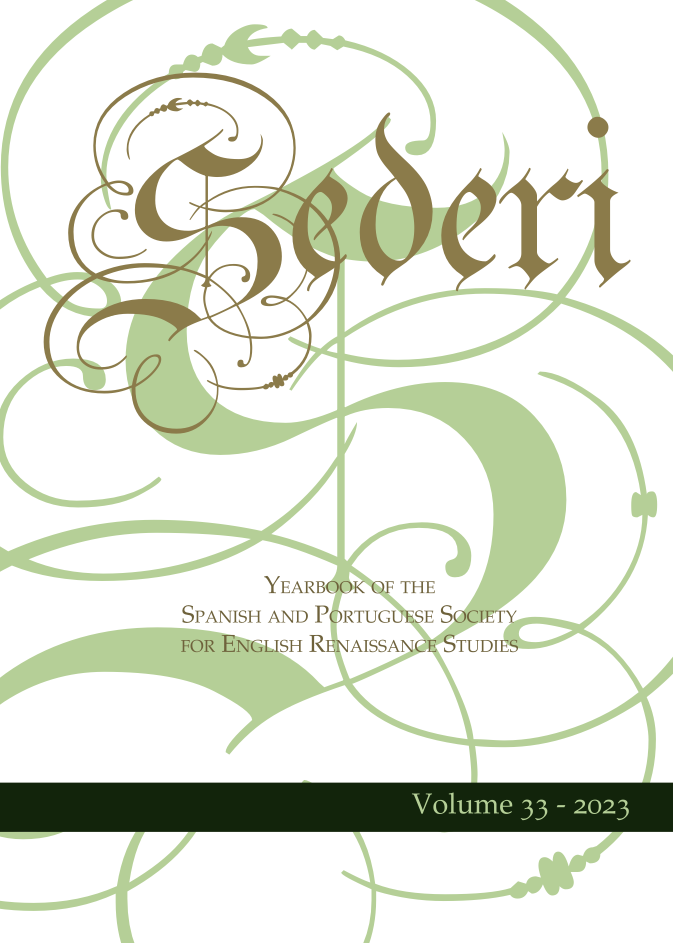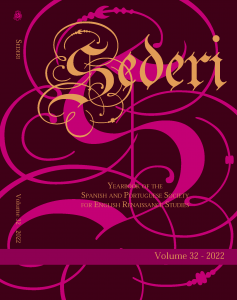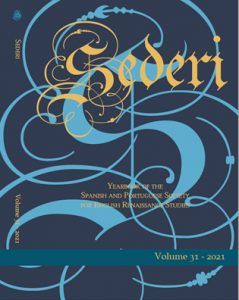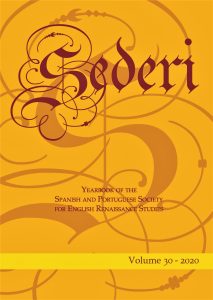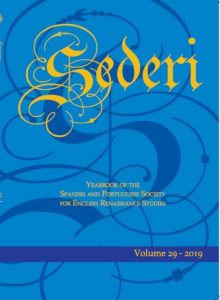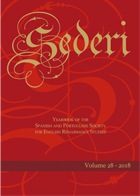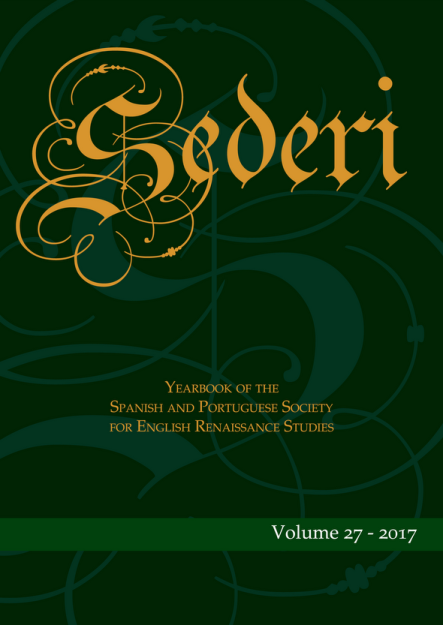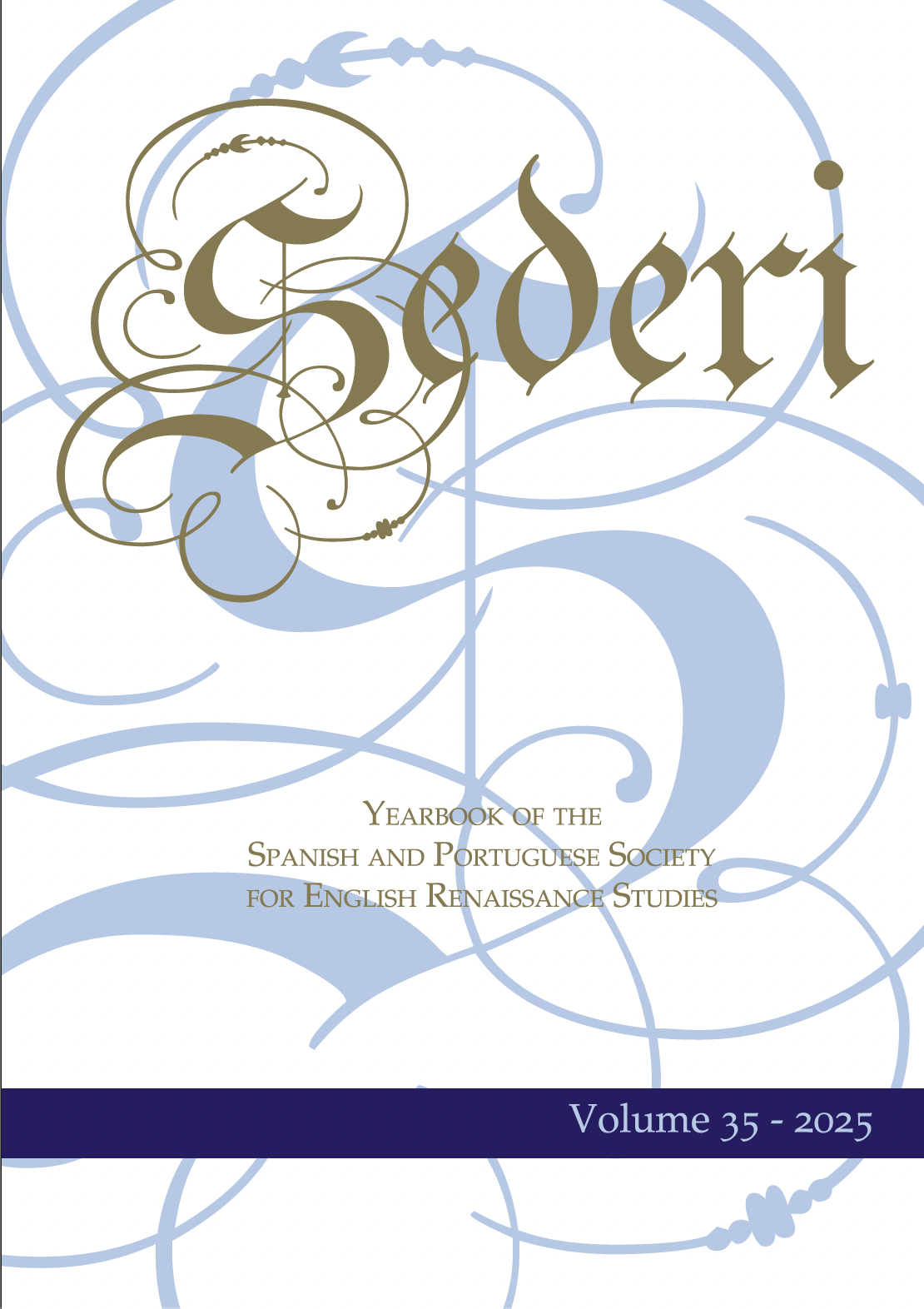
Sederi 35
Sederi 35 — 2025
EDITOR
Marta Cerezo Moreno
MANAGING EDITOR
Isabel Guerrero Llorente
REVIEW EDITOR
Miguel Ramalhete
PRODUCTION EDITOR
David J. Amelang
ISSN 1135-7789
| INTERVIEWS | Pag. | |
|---|---|---|
| Ariel (2025), directed by Lois Patiño, a Shakespearean Filmic Metatext for the Twenty-First Century: An Inter(Re)view (by Jorge Luis Bueno Alonso) | 131-167 |


